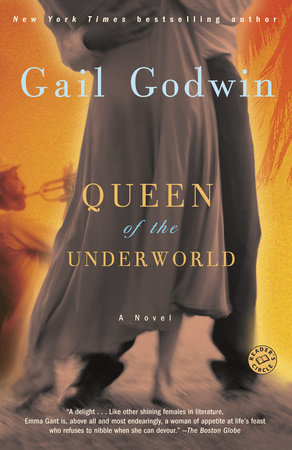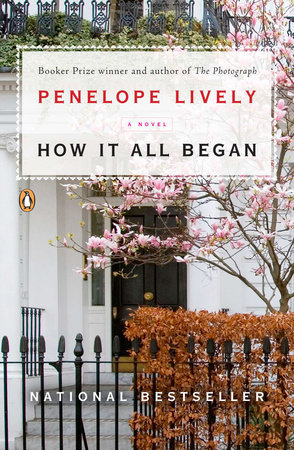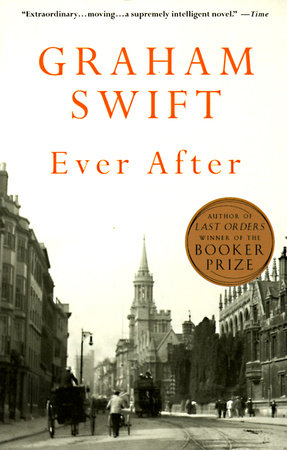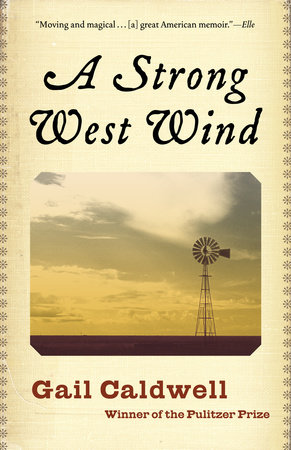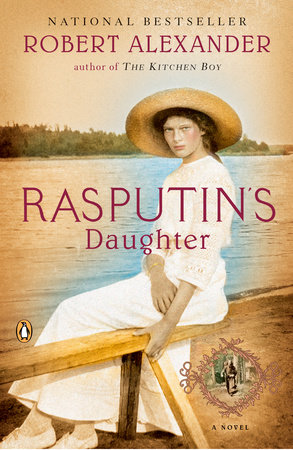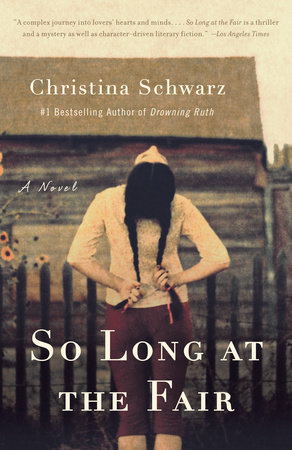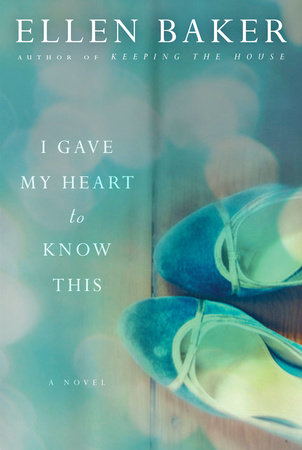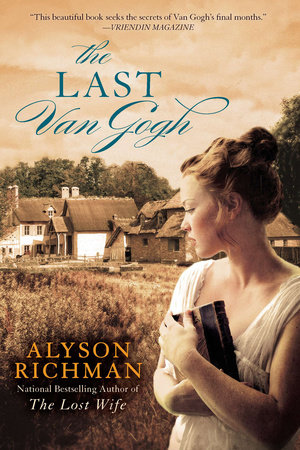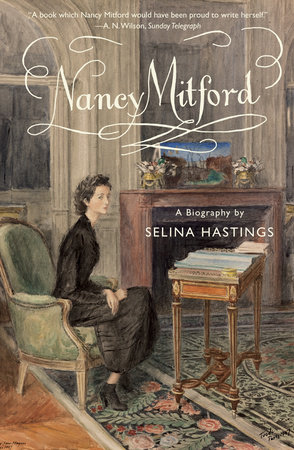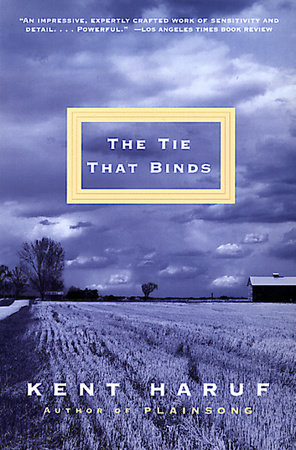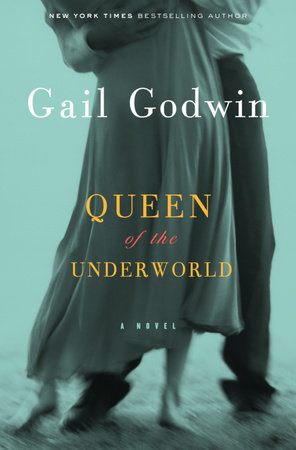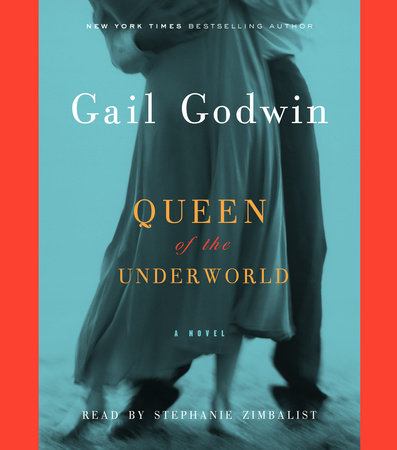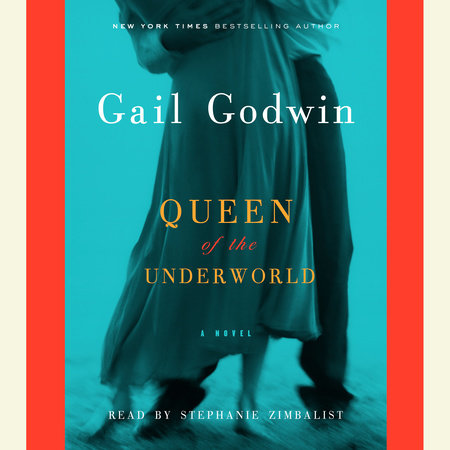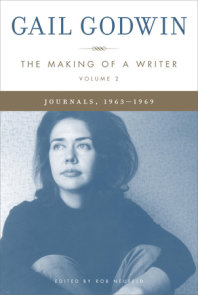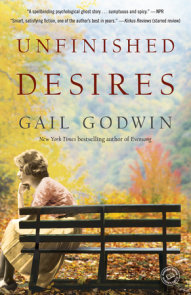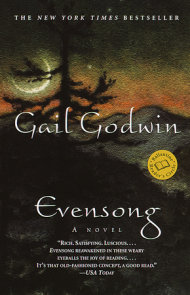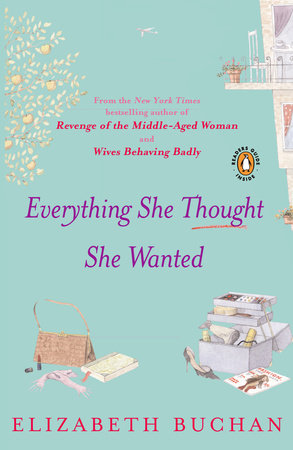Author Q&A
Q&A with Gail Godwin
Your twelfth novel, QUEEN OF THE UNDERWORLD, is based on some of your own experiences as a young journalist just out of college. How much is Emma Gant like you?
What was it like to re-live that time when you were writing the novel? Is it easier or harder to write a novel based on personal experiences?
Two incidents from my reporting days on the Miami Herald lurked in my imagination for decades before they finally bubbled up into Emma Gant’s determined pursuit of Ginevra Snow, the young ex-madam known as “Queen of the Underworld.”
The first incident was a routine story the Herald assigned me in 1959. After the famous New York trial of her boyfriend and pimp Mickey Jelke, “the oleo-margarine heir,” the former call girl Pat Ward had quietly married an osteopath and they lived in Hollywood, Florida. My bureau chief in Hollywood asked me to phone the husband and see what I could get out of him about Pat’s latest suicide attempt. Well, the husband answered the phone and when I identified myself, he said in a really kind but crushed voice, “I wish you could understand how hard this is for us. I don’t want to say anymore. Please leave us alone.” That’s probably when it began to dawn on me that I might not be destined to be a crack reporter. I said, “I’m so sorry for your pain, and please give your wife my best wishes.” And I hung up. Hardly a determined pursuit! But Emma is more ferocious because Ginevra’s story in some way offers her knowledge about herself. Ginevra appeals to her as a doppelganger figure. Also I gave Emma the chance to meet the former madam in person–without her husband’s protection. Or rather, Emma earned her chance by being at the right place–a hospital corridor after a tornado–at the right time.
The second, more haunting, incident from the Miami of 1959 was a certain evening in an exclusive Miami Beach supper club. Everything very low-lit and quiet and super-elegant. My date said, “You see those two girls over there? They look like sorority girls, don’t they, with their good posture and their cashmere sweater sets and pearls. They’re _____ girls. He makes them dress like that and sends them to charm school to polish their manners. They are VERY expensive.” And I said, “You mean they’re…?” He nodded. For years I have wanted to put those girls and that charm school into a novel. And I’m tempted to do still more with them in a future novella, written by Emma Gant.
During the two years I was writing QUEEN OF THE UNDERWORLD, I could hardly wait to get to my computer. I loved being 22 and hungry again, with a 22-inch waistline, so desperate to succeed and equally terrified I might fail. The tension was a stimulant. And I loved re-locating myself in the seductive Miami scene. People said, “Don’t you think you ought to fly down to Miami and sort of brush up on the locale?” I said, “That’s the last thing in the world I want to do: I want the Miami of 1959 and how I felt, and all those people coming into town who thought they would be back home in Cuba by the end of the summer.”
How has time altered your perspectives on that first job? Journalism was, obviously, not the right career path for you (as Al Neuharth realized). Was it hard to let go of that ambition or was it just a cover for what you really wanted to do–write fiction?
The newsroom of 1959 is now historical fiction. Romantic fiction. The noise, the cigarette smoke, the lack of privacy. Everyone clacking and yakking away in one big room. The feeling of being part of a vast organism. The smell of copy paper and paste. If you wanted a copy of your story, you made a carbon. There were no copying machines and no Googling. You went to the morgue and looked up your information–if there was any–in old clippings alphabetically filed in envelopes. Everything was so physical. There was a whole sensual element about the news room, and I’m glad I got to partake of it before it became extinct.
I would not have made a good investigative reporter. I’m not pushy enough, as you can see from my Pat Ward anecdote in the answer above. I’m a classic introvert who has managed to teach myself sociable manners. I always wanted to write fiction. Fiction and drawing were my main loves, but I also had not a penny of my own and I needed a regular job with a salary if I planned to eat. That’s why I chose to get a BA in Journalism rather than Literature. However, if things had turned out differently, I could see myself writing a syndicated column or maybe even being a book critic or book review editor on a newspaper. And also writing novels.
You have kept a journal your entire adult life and a portion of it is in THE MAKING OF A WRITER. Why is journal writing important to you and how has it helped you as a writer?
Do you refer back to your old journals? Have you found inspirations for stories in their pages?
I have always liked to keep track of things. To write something down is to preserve as closely as possible the unique moment. Memory makes unique moments into generic moments. You know, you think you’re remembering a certain sunset that changed your life, but the memory is alloyed with other sunsets or sunsets in poetry and so on. Or you remember the gist of a conversation, but not all the delightful specifics. Such as Isabel, the Spanish boarder, [in THE MAKING OF A WRITER] bringing down a London dinner party with her comment on the comparative freedom of Anglo-Saxon bachelors: “In Es-pain, the man, he come out from his mother and go under his wife.” Excavating that sort of treasure in an old journal has given me new stories: my novella “Mr. Bedford,” about a young American living in a London boarding house was completely the gift of my journals from the early 1960’s. Yes, I do re-read them, selectively. Dipping into eras I want to revisit. Both to look up things and inspire myself.
My journals also allow me to keep track of myself, to trace the repetitions and the back-slidings, the underlying passions and the occasional growth spurts. They’re my way of dressing and undressing the soul, as the poet George Herbert advises us to do. To be a true journal keeper, (true to yourself and your journal, I mean), you have to have a confidential relation to yourself. A diarist divides herself into two. One confides in the other, warns the other, strengthens the other. Once, when I was in love with a very unsuitable man, I decided to write a dialogue between me and God. I said I don’t care, I want him and God said, “Okay, I’ll give you a sneak preview of what life will be with him.” And before I finished writing out the dialogue I was aware of things I had been keeping from myself. I was also laughing.
THE MAKING OF A WRITER reveals an ambitious young woman who is working intently to be a writer and get her work published. And yet it took six years after this journal ends before your first novel was published. Tell us about those intervening years and what transformed you from a wanna-be writer to one with a novel that was snapped up by a publisher based on 50 pages.
“Those intervening years” (1963-1970) will be in Volume Two of THE MAKING OF A WRITER.
which Random House will publish next year, along with the novel I am currently writing, The Red Nun.
The novel you speak of, The Perfectionists, went through three drafts while I was studying at the Iowa Writer’s Workshop and taking literature courses. One agent gave up on me, and my next and present agent John Hawkins thought the 50 pages I had done of the third draft were strong enough to submit on their own. So actually, after I had my contract for The Perfectionists, I spent a full year writing the rest of draft three.
